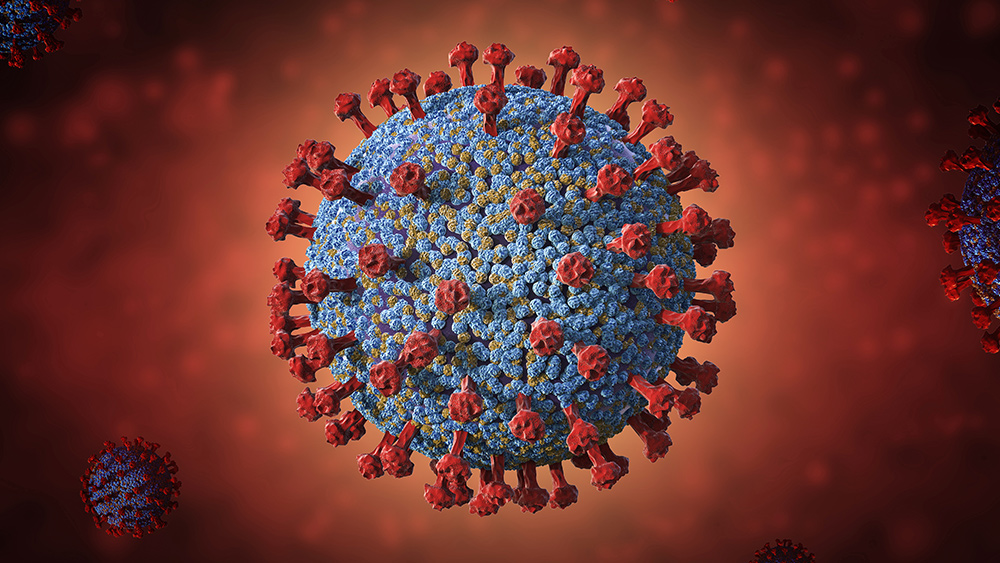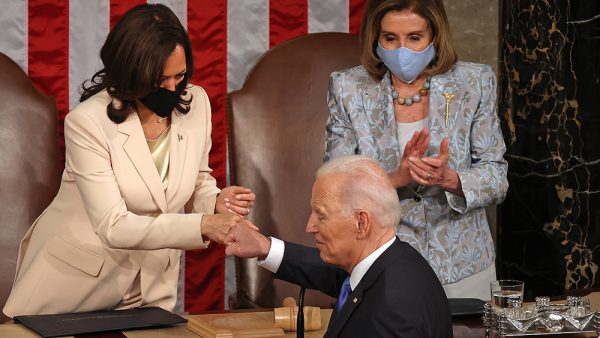 Parler
Parler Gab
Gab
FDA acted in ultra vires, or well outside of its legal authority, when it told Americans to "stop" taking ivermectin for COVID
You may recall the infamous Twitter (now known as X) post from the FDA comparing people who take ivermectin to cattle. "You are not a horse," the FDA tweeted, trying to be funny. "You are not a cow. Seriously, y'all. Stop it." The FDA's implication with this tweet is that ivermectin is just a veterinary drug, and that humans have no business taking it. The truth, though, is that the FDA approved ivermectin for human use back in the mid-1990s, and only decided to suddenly stop approving it once COVID arrived. Because of that tweet, three doctors sued the FDA for breach of duty. There are very few instances in which the general public can effectively sue a federal agency, but in this case the FDA acted in ultra vires, or outside of its legal authority. Plaintiffs in the case successfully argued that the FDA acted "without any authority whatsoever" when it tweeted a message on social media telling Americans to "stop" taking a drug that, in all truth, is both safe and effective against COVID. The FDA also acted without any "colorable basis for the exercise of authority" when it tweeted the offensive message alongside a link to an FDA-written article entitled "Why You Should Not Use Ivermectin to Treat or Prevent COVID-19." While both the plaintiffs and the defendants in the case agree that the FDA does, in fact, have the authority to share data and facts as it sees fit, the plaintiffs disagree that the FDA has any legal authority to issue actual recommendations on medical matters, including disease treatments. The FDA is trying, but failing, to argue that its social media posts against ivermectin do not contain any actual "advice," but were instead "informational statements" that "do not 'direct' consumers, or anyone else, to do or refrain from doing anything." At the very same time, strangely, the FDA did admit that its social media post "provided recommendations" and "advise[d] consumers." "Despite these concessions, FDA never points to any authority that allows it to issue recommendations or give medical advice," Judge Willett wrote. "Rather, FDA argues that some posts included a hyperlink that leads to the update. The update, in turn, directs consumers to '[t]alk to your health care provider.' But not all of the social-media posts included such a link. And even for those posts that did include a link, the posts themselves offer advice, not mere information." Dear FDA: We are not your subjects, and you work for us. Learn more at FDA.news. Sources for this article include: TheEpochTimes.com NaturalNews.comThe rise of the public-private partnership in Tyranny
By News Editors // Share
California to SEPARATE children from parents who don’t support LGBT genital mutilation
By Ethan Huff // Share
Governments continue to obscure COVID-19 vaccine data amid rising concerns over excess deaths
By patricklewis // Share
Tech giant Microsoft backs EXTINCTION with its support of carbon capture programs
By ramontomeydw // Share
Germany to resume arms exports to Israel despite repeated ceasefire violations
By isabelle // Share










